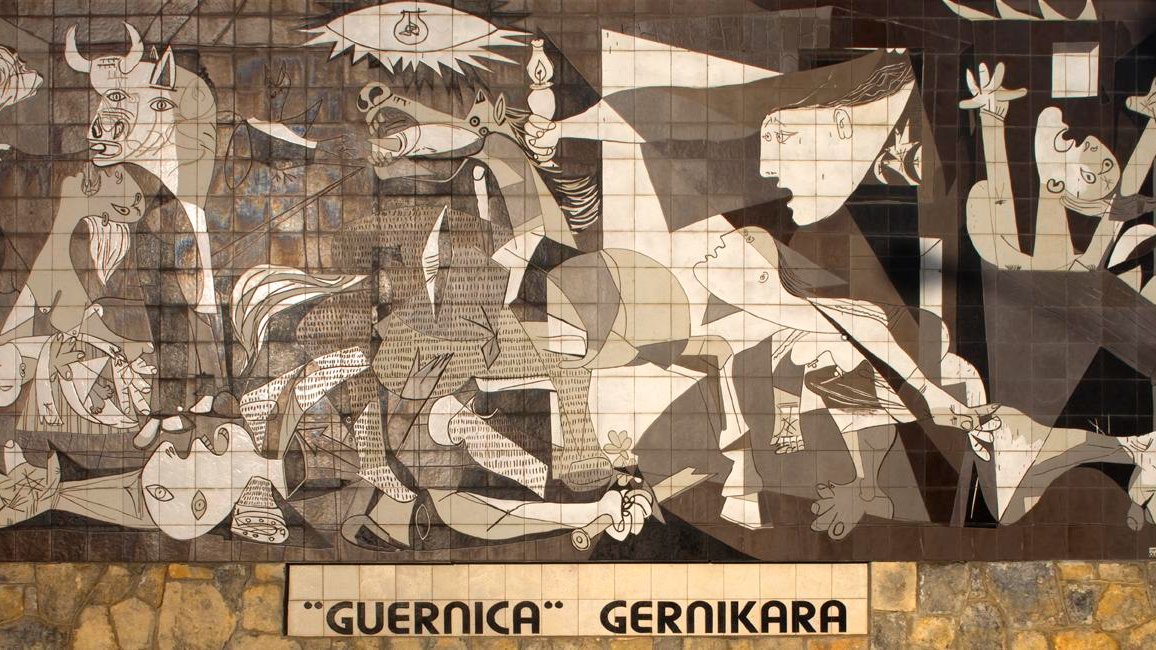𝐀 𝐂𝐄𝐍𝐓𝐔𝐑𝐘 𝐎𝐅 𝐑𝐎𝐉𝐈𝐋𝐎𝐒 [𝐓𝐡𝐫𝐞𝐚𝐝]
𝐛𝐲 𝐍𝐚𝐭𝐱𝐨 𝐓𝐨𝐫𝐧𝐞́ ( @groundhopperbcn )
Club Atlético Osasuna has been defined by the essence of its foundation, its resolute Basqueness, during its hundred year history. #OsasunaCentenario
𝐛𝐲 𝐍𝐚𝐭𝐱𝐨 𝐓𝐨𝐫𝐧𝐞́ ( @groundhopperbcn )
Club Atlético Osasuna has been defined by the essence of its foundation, its resolute Basqueness, during its hundred year history. #OsasunaCentenario
In 1920, a group of young Navarres gathered in Pamplona& #39;s historic Café Kutz to found the "Osasuna" Club Atlético. The new team took the Basque word for ‘health’ and ‘vigor’.
There were a few other Basque names that didn& #39;t quite make the cut: ‘Gogorrak’ (The Strong), ‘Indarra’ (Force), and, our favourite, ‘Lagun Enertean’ (Between Mates).
Osasuna& #39;s early history was sound, but things soon shifted. Fought from 1936 to 1939, the Spanish Civil War changed all of Spain. Navarre, and Basque society in general, suffered tragedy after tragedy at the hands of the fascists.
The club’s founding board members were republicans, separatists socialists, anarchists, activists. They were determined to tie sporting success with Basque nationalist importance.
From the very start, the club& #39;s political associations were clear. In its early years fans would chant: "¡Rojos de Osasuna, sed siempre rojos!”
Osasuna Reds will always be red.
Osasuna Reds will always be red.
But when Franco’s regime came to power, the club and its people were threatened. In Navarre, the fascists hit hard. In one year, 300 people were executed, most linked to left-wing organisations and Basque nationalists. Many club members were among them.
Eladio Zilbeti, one of the club’s key founders, was executed by Franco in January 1937. His ‘official’ cause of death was “as a result of the Glorious National Movement”.
The fascists had banned the Basque language, and Zilbeti was a part of Eusko Abertzale Ekintza ("Basque Nationalist Action"), a nationalist socialist group dedicated to fighting tyranny.
Arrested four days before Christmas, on January 16th he was murdered. It would take eight decades for this hero of Pamplona and Osasuna to be honoured, a key local street named after him only this month. (His surname also spelled "Cilveti")
“Pamplona owes him this debt,” said local councillor Joxe Abaurrea. “Today we are happy, but also saddened that no one has done it sooner.”
His life is an eternal struggle of Osasuna& #39;s values and his memory was forgotten by time. By the end of the war, 3,450 people were executed, including more club members:
Ramon Bergaray, Natalio Cayuela, Ignacio Perillán, Txomin Meaurio, and Fortunato Agirreocal are more Osasuna players and pioneers killed by the regime. Gradually their sacrifice is starting to be acknowledged.
To this day, Osasuna have saved their most passionate displays for teams it ties to past regimes which decimated their region.

 Read on Twitter
Read on Twitter![𝐀 𝐂𝐄𝐍𝐓𝐔𝐑𝐘 𝐎𝐅 𝐑𝐎𝐉𝐈𝐋𝐎𝐒 [𝐓𝐡𝐫𝐞𝐚𝐝]𝐛𝐲 𝐍𝐚𝐭𝐱𝐨 𝐓𝐨𝐫𝐧𝐞́ ( @groundhopperbcn )Club Atlético Osasuna has been defined by the essence of its foundation, its resolute Basqueness, during its hundred year history. #OsasunaCentenario 𝐀 𝐂𝐄𝐍𝐓𝐔𝐑𝐘 𝐎𝐅 𝐑𝐎𝐉𝐈𝐋𝐎𝐒 [𝐓𝐡𝐫𝐞𝐚𝐝]𝐛𝐲 𝐍𝐚𝐭𝐱𝐨 𝐓𝐨𝐫𝐧𝐞́ ( @groundhopperbcn )Club Atlético Osasuna has been defined by the essence of its foundation, its resolute Basqueness, during its hundred year history. #OsasunaCentenario](https://pbs.twimg.com/media/ElGQTMkXEAIAhBO.jpg)









